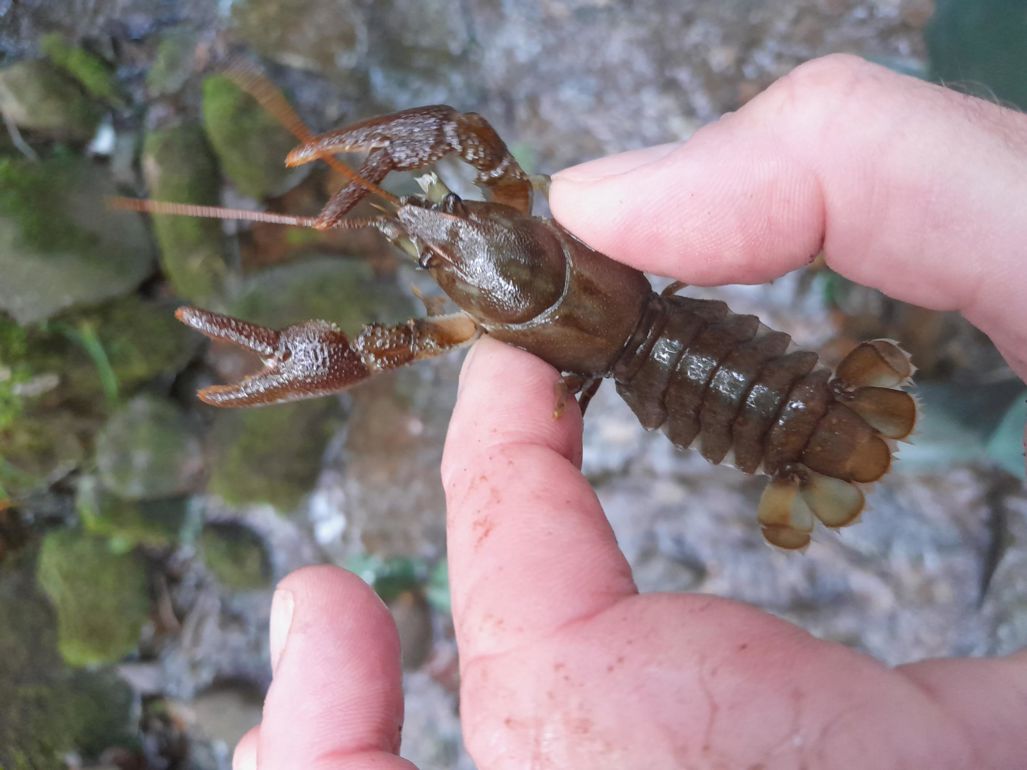Deadly Crayfish Plague confirmed in River Irfon: Public urged to follow guidelines to save native species

Test results have confirmed that Crayfish Plague is present in the River Irfon near Builth Wells, posing a deadly threat to the native White-clawed Crayfish population.
Officials at Natural Resources Wales (NRW) are urging river users to stay out of the River Irfon and to follow the "Check, Clean, Dry" protocol if entering other waterways in the area: check equipment and clothing for mud and debris, clean everything thoroughly, and dry items completely before entering other water bodies.
Jenny Phillips, NRW’s South Powys Environment Team Leader said:
"The native White-clawed Crayfish is one of the reasons the River Wye has been designated a Special Area of Conservation, so it’s crucial that we limit the spread of the plague to protect other local populations.
"Everyone needs to play their part in preventing the spread of the plague by not entering the River Irfon and rigorously following the 'Check, Clean, Dry' protocol if they enter other nearby waterbodies in the area."
The Crayfish Plague is fatal to native crayfish but harmless to humans, pets, livestock and other wildlife. It spreads easily through minimal contact, meaning even a dog moving between rivers can transfer the disease, endangering local crayfish populations.
As nothing can be done to treat the native crayfish in the Irfon, the conservation priority is to reduce the risk of spreading the disease, and to allow the river to be repopulated over time after the disease is no longer in the river.
The White-clawed Crayfish is an indicator of healthy, clean rivers and plays a significant role in the ecosystem. Protecting this species is essential for maintaining the ecological balance and health of the Wye catchment.
